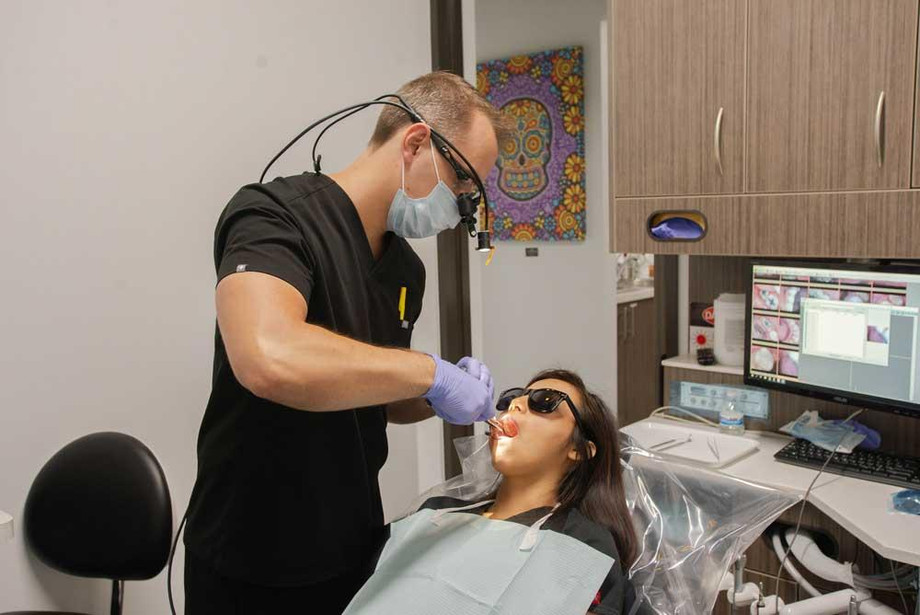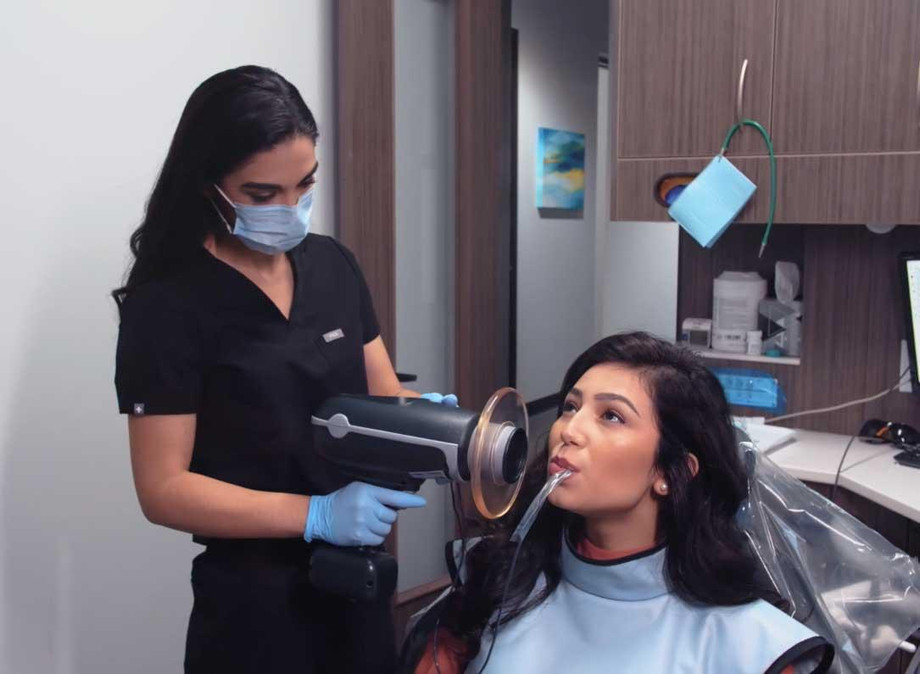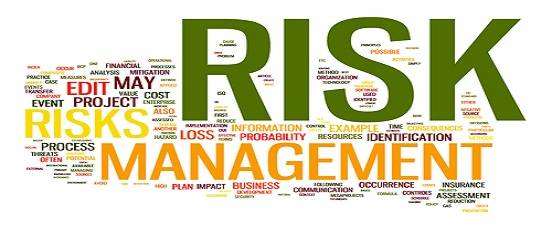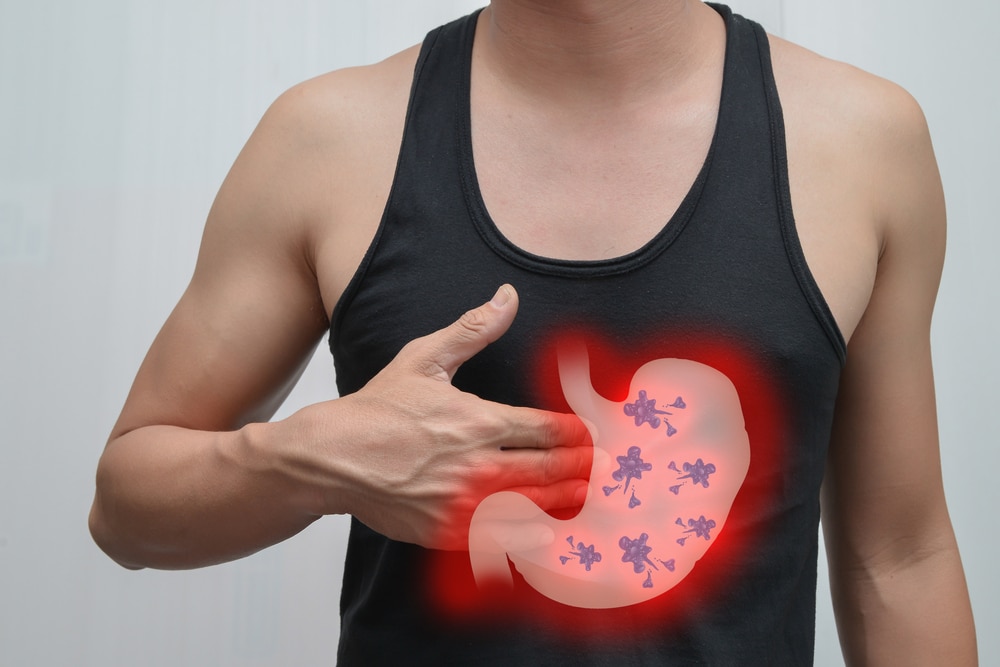· Signs and Symptoms of Dental Emergencies
Dental emergencies can happen suddenly and can be very painful. Here are some signs and symptoms of dental emergencies to watch out for:
- Severe toothache or jaw pain
- Swelling of the face, mouth or gums
- Bleeding from the mouth or gums
- Broken, chipped or knocked-out teeth
- Lost or broken fillings, crowns or other dental restorations
- Abscesses or infections in the gums or teeth
- Painful ulcers or sores in the mouth
- Loose or displaced teeth
- Objects lodged between teeth that cannot be removed with floss
- Injury to the mouth or face due to trauma or accident
If you experience any of these signs or symptoms, it is important to seek immediate dental care from an emergency dentist open near me in Houston. Delaying treatment for dental emergencies can result in serious complications, pain, and discomfort.
· When to Seek Immediate Dental Care for Wisdom Teeth
Wisdom teeth, also known as third molars, can cause dental problems if they do not have enough room to grow or if they grow in an incorrect position. Here are some signs and symptoms that may indicate the need for immediate dental care for wisdom teeth:

- Pain or discomfort in the back of the mouth or jaw
- Swelling in the gums or jaw
- Redness or inflammation around the wisdom teeth
- Difficulty opening the mouth or chewing
- Pain or discomfort when biting down
- Persistent bad breath or a bad taste in the mouth
- Cysts or tumors in the mouth
- Damage to nearby teeth or the jawbone
If you experience any of these symptoms, it is important to seek immediate dental care from a dentist who can evaluate wisdom tooth extraction near me in Houston. Delaying treatment for wisdom teeth can lead to more serious complications, such as infection or damage to adjacent teeth.
· Risks of Delaying Treatment for Dental Emergencies and Wisdom Teeth
Delaying treatment for dental emergencies and wisdom teeth can result in several risks and complications, including:
- Increased pain and discomfort: Dental emergencies and wisdom teeth can cause severe pain and discomfort. Delaying treatment can result in the pain getting worse and becoming more difficult to manage.
- Infection: Dental emergencies and wisdom teeth can lead to infections in the gums, teeth, and jawbone. Delaying treatment can allow the infection to spread and become more severe, potentially leading to serious health complications.
- Tooth loss: Delaying treatment for dental emergencies and wisdom teeth can increase the risk of tooth loss. This is especially true for cases where the tooth or teeth are severely damaged or infected.
- Damage to adjacent teeth: Dental emergencies and wisdom teeth can cause damage to adjacent teeth. Delaying treatment can result in further damage to neighboring teeth, potentially leading to more complex and expensive dental procedures.
- Development of cysts or tumors: Delaying treatment for impacted wisdom teeth can result in the development of cysts or tumors in the gums or jawbone, which can be painful and require more extensive treatment.

· Benefits of Prompt Treatment and Extraction
Prompt treatment and extraction of dental emergencies and wisdom teeth can provide several benefits, including:
- Pain relief: Prompt treatment and extraction can alleviate the pain and discomfort associated with dental emergencies and wisdom teeth. This can improve the patient’s quality of life and allow them to return to their normal activities.
- Prevention of infection: Treatment and extraction can prevent the spread of infection to adjacent teeth and the rest of the body. This can prevent more serious health complications and improve overall oral health.
- Preservation of adjacent teeth: Treatment and extraction can prevent damage to adjacent teeth, which can help preserve them and prevent the need for more extensive dental procedures in the future.
- Improved oral health: Treatment and extraction can improve overall oral health by removing damaged or infected teeth and reducing the risk of future dental problems.
- Faster healing and recovery: Prompt treatment and extraction can result in faster healing and recovery times, which can help the patient return to their normal activities sooner.
· Types of Dental Emergencies and Treatment Options
Dental emergencies can take many forms and require different types of treatment depending on the severity of the condition. Here are some common types of dental emergencies and their treatment options:
- Toothache: A toothache can be caused by various factors, such as decay, infection, or injury. Treatment options may include dental fillings, root canal therapy, or tooth extraction, depending on the severity of the condition.
- Broken, chipped, or knocked-out teeth: These types of dental emergencies require immediate attention. Treatment options may include dental bonding, dental crowns, or dental implants.
- Object lodged between teeth: If an object is lodged between teeth and cannot be removed with floss, it is important to seek immediate dental care to prevent further damage to the teeth and gums.
- Abscess or infection: These dental emergencies require prompt attention to prevent the spread of infection. Treatment options may include antibiotics, root canal therapy, or tooth extraction.
- Jaw pain or swelling: These symptoms can be indicative of various dental and medical conditions. Treatment options may include pain management, antibiotics, or surgery, depending on the underlying cause of the symptoms.
- Broken or lost dental restorations: Dental fillings, crowns, and other restorations can break or fall out due to wear and tear, injury, or decay. Prompt treatment can help prevent further damage to the affected tooth or teeth.
· Wisdom Tooth Extraction Procedure and Aftercare
Wisdom tooth extraction is a common dental procedure where one or more of your third molars are removed from your mouth. These teeth are located at the back of your mouth, and many people experience problems with them because they often become impacted, causing pain and other dental issues.
The procedure for removing wisdom teeth involves several steps:
- Evaluation: Your dentist or oral surgeon will evaluate your mouth and take X-rays to determine the position of your wisdom teeth and the best way to remove them.
- Anesthesia: Before the procedure, you will be given local anesthesia to numb the area around your tooth, or you may be given general anesthesia to make you sleep during the procedure.
- Extraction: The tooth will be carefully removed from your mouth using dental tools such as forceps or elevators.
- Stitches: In some cases, stitches may be necessary to close the wound after the tooth has been removed.
After the procedure, you will need to follow some aftercare instructions to promote healing and reduce the risk of complications. Here are some tips:
- Bite down on gauze: Your dentist or oral surgeon will place gauze in your mouth to help control bleeding. Bite down on the gauze for 30-45 minutes after the procedure, and then replace it with a fresh piece as needed.
- Apply ice: Apply ice to the affected area for 10-20 minutes at a time to reduce swelling and pain.
- Take pain medication: Your dentist or oral surgeon may prescribe pain medication or recommend over-the-counter pain relievers to help manage any discomfort.
- Avoid certain foods: Stick to soft foods for the first few days after the procedure and avoid hot, spicy, or crunchy foods that can irritate the extraction site.
- Keep your mouth clean: Brush your teeth gently and rinse your mouth with warm salt water to keep the extraction site clean and promote healing.
- Rest: Avoid strenuous activity for the first few days after the procedure and get plenty of rest to help your body heal.
- Follow-up appointments: Your dentist or oral surgeon will schedule follow-up appointments to monitor your healing and remove any stitches if necessary.
· Tips for Locating an Emergency Dentist Open Near Me
If you are looking for an emergency dentist who is open near you, here are some tips that may help:
- Search online: Use search engines like Google to search for “emergency dentist near me” or “24-hour dentist near me”. This will give you a list of dentists in your area who offer emergency dental services.
- Call your regular dentist: Your regular dentist may have an emergency line or may be able to refer you to a dentist who offers emergency services.
- Check with your dental insurance provider: Your dental insurance provider may have a list of dentists who offer emergency services in your area.
- Check with hospitals: Some hospitals have dental clinics that offer emergency services. You can call the hospital and ask if they have a dental clinic and if it offers emergency services.
- Check with dental schools: Dental schools may have clinics that offer emergency dental services. You can check with local dental schools to see if they offer emergency services and if they are open to the public.
- Check with friends and family: Ask your friends and family if they know of any dentists who offer emergency services in your area.






